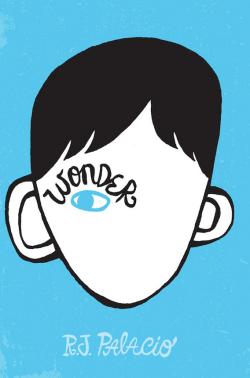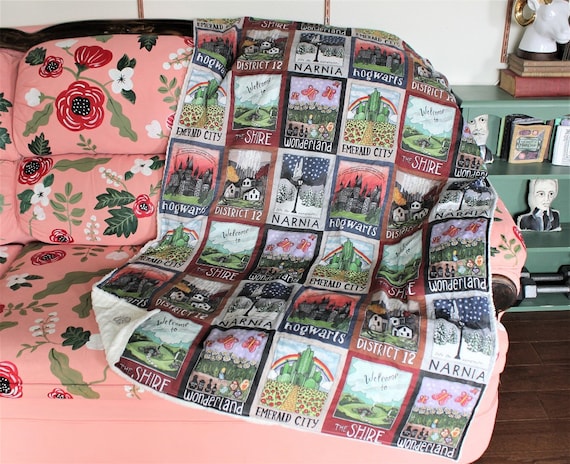This week’s topic for 'Top Ten Tuesday' (yes, I know it's Friday. Whoops.) was ‘Top Ten Books Dealing with Difficult
Subjects’ which plays right into my hands actually, because I read rather a lot
of books dealing with difficult subjects. I was practically rubbing my hands
together because books that are challenging and emotive and punch me right in
the feels? Those are the kinds of books I can’t seem to not read.Often I'll be in a bookshop and Helen will call out to me from the other side of the shop, 'hey, Jo, this is a book about Hitler, you'll love it' and I'll be able to feel everybody's eyes on me as I look around cagily and protesting, like some kind of confused Tinkerbelle: I don't love Hitler, I don't, I don't.
What I do love is being affected by a book. I don't always want to read a book, smile and say 'well, that was good' before moving onto the next one. I like a dystopia that makes me think; I like characters that are raw and funny and human and palpable; and, I like books that break my heart and stay with me for days.
So, have at it. The best of the bunch (today at least):
Cancer is a difficult subject. Pretty
much every person ever has been affected by it to some degree and you can’t get
away from the fact that it sucks. The thing I love about John Green – scratch
that, one of the things I love about John Green – is that he doesn’t shy away
from that. He doesn’t pretend it doesn’t suck. He doesn’t pretend it’s all
going to be ok. He lets these two very real characters fall crazy in love
regardless. It’s a beautiful story, all the more so because it hurts.
Wasted: This incredible book about Myra Hornbacher’s struggle with eating disorders is the very definition of a book dealing with a difficult situation. It’s raw and hard-hitting, it pulls no punches. It's so brave too. Hornbacher really does bare her soul inside the pages, so it feels.
The Book Thief is one of my favourite books of all time. Set in Nazi Germany, it broke me into tiny pieces. I love it so much I daren’t re-read it. I have no words.
Rape and racial inequality – does it get much more ‘difficult’ than that? This is a book that changes you – it makes you think, really think. The best time I ever had at school was studying this and I’ve read it countless times since. Also, Atticus.
Aaah, Perks. This is another one of those
books that just made me feel so many things. It’s so so so well done.
The Cellist of Sarajevo: If you haven’t read this then you should. This story is that of a cellist – based, I believe, on Vedran Smailovic - who played for 22 days as snipers fought each other in the buildings surrounding him during the Siege of Sarajevo in the 1990’s. It will make you bone crushingly sad but it will also fill you with wonder.
This book actually broke my
heart. I finished it, looked at Iam, said ‘I think I’m sad’ and then just
sobbed and sobbed and sobbed. It makes me feel cold just thinking about it. Set in 1941 it follows a
teenage Lithuanian girl sent to a work camp in Siberia. It’s incredibly moving;
it’s incredibly haunting; it hurts and not even remotely in the good way, it
just plain hurts. It feels like ripping open a wound, rubbing salt in it and
then jumping up and down on it in spiked shoes. How can I recommend it so
highly when I describe it so horrifically? Because it matters, because it matters and because whilst your heart
breaks into tiny little pieces and you wonder how the hell this can have
happened [ and if you’re me how you didn’t really know: we did a lot on the Nazi Concentration Camps in school but
barely even touched on this] you’ll also marel at how love and hope can still
bloom even when everything else is so hopeless – the love, the hope,
the strength, the determination, the joy.
That’s what hurts and that’s what makes this book important.
Junk won the Carnegie Medal and the Guardian Children's Fiction Award and rightly so. It's the story of teenage runaways who fall into a life of heroin addiction. It's open, honest and upfront - it was slated at the time I think, by critics saying it was encouraging young people to take drugs. I was a teenager when it eas published and I think it had the opposite effect. Seriously, what Gem and Tar go through, it's not pretty. I think the people that have a problem with books like this really need to have a greater respect for the target audicence. Drug abuse is a real issue, we shouldn't hide from it and that we need more books like Junk.
 My Sister Lives on the Mantlepiece deals beautifully with loss and what that means, particularly to children. S'good. I think I blogged about it when I read it actually because I thought at the time that it was good at what it did. Children deal with death - grandparents, pets, maybe even a parent or a sibling and it's a hard thing to understand - it's hard for adults so it's got to be a million times harder for children. Books like this definitely have a place. It also handles the topic of racism pretty nicely too.The best thing I think is that it remains accessible: the subject matter is tough but the story itself isn't and that's really important.
My Sister Lives on the Mantlepiece deals beautifully with loss and what that means, particularly to children. S'good. I think I blogged about it when I read it actually because I thought at the time that it was good at what it did. Children deal with death - grandparents, pets, maybe even a parent or a sibling and it's a hard thing to understand - it's hard for adults so it's got to be a million times harder for children. Books like this definitely have a place. It also handles the topic of racism pretty nicely too.The best thing I think is that it remains accessible: the subject matter is tough but the story itself isn't and that's really important. 











